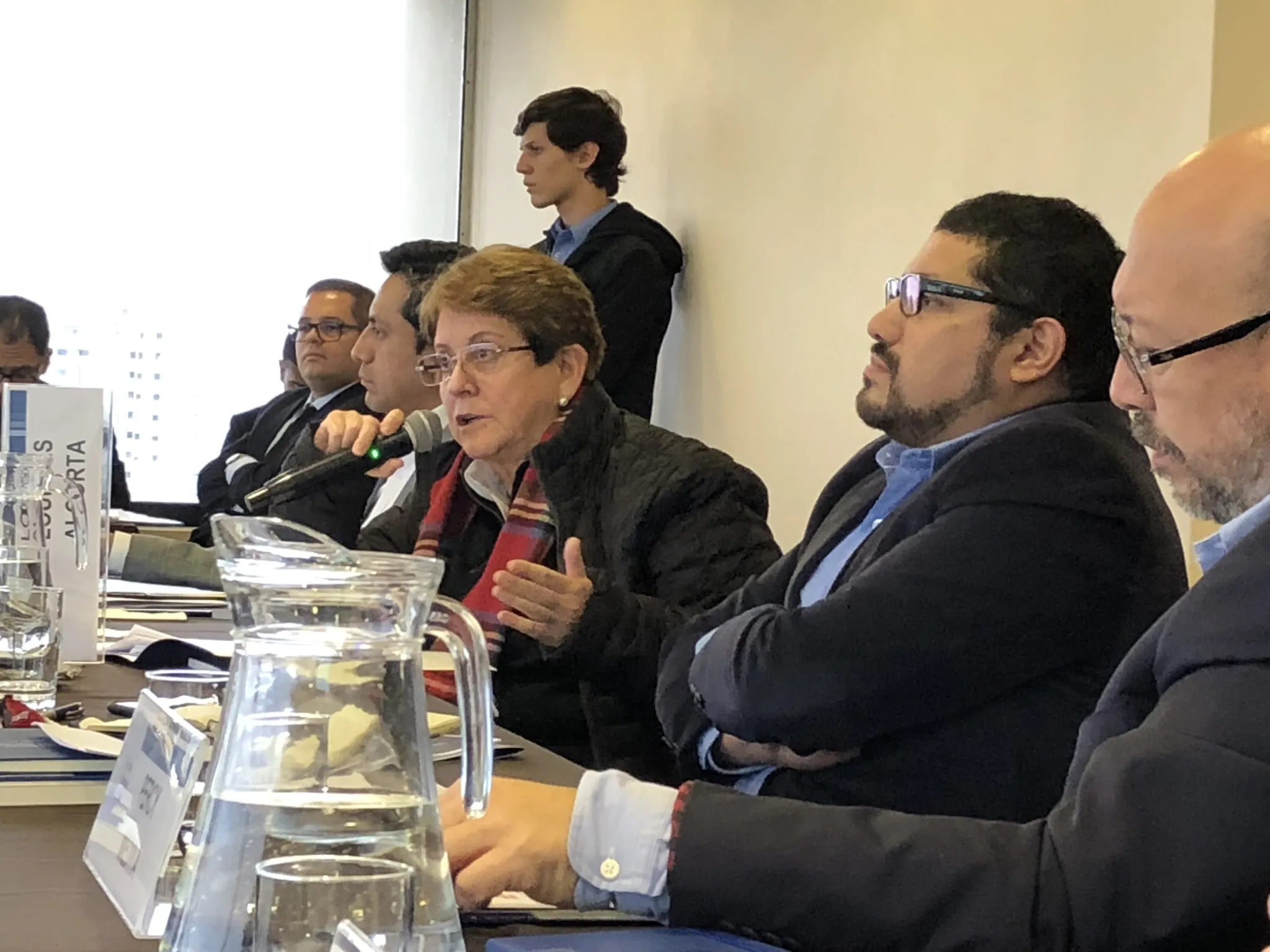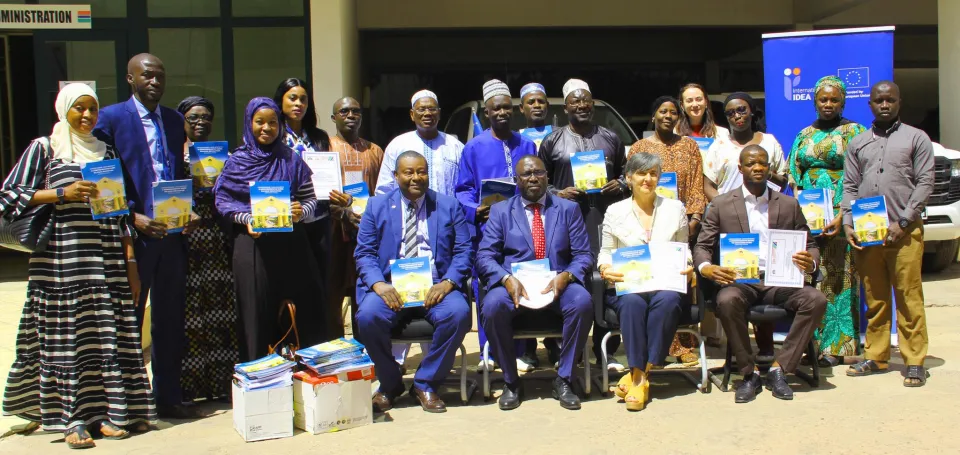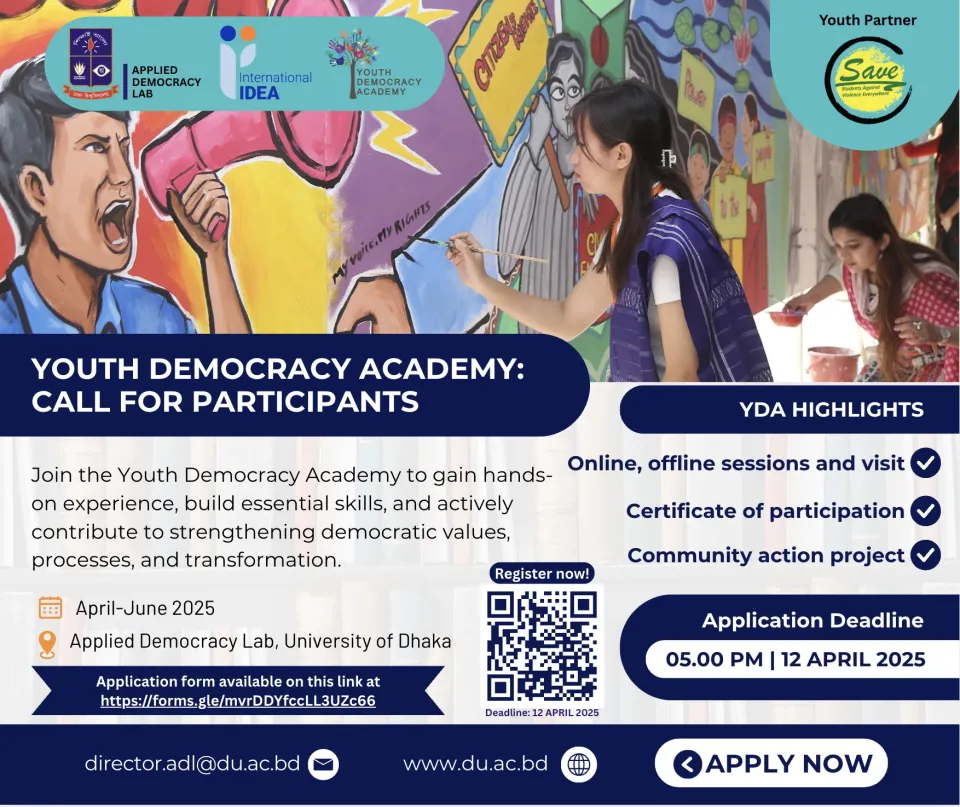Peru weighs options for parliamentary system reforms and political financing governance

Peru’s members of parliament reflected on the forms of parliament and political financing measures. The meeting on political participation of citizens and more transparent political financing was attended by members of congress belonging to four parliamentary groups: Fuerza Popular, Frente Amplio, Peruanos por el Kambio and Partido Aprista Peruano.
The first topic addressed in the 27 June meeting was the form of Congress, particularly focusing on the proposals to create the Senate, the historical background and the different variables concerning single-chamber and dual-chamber systems. Specialists Armando Martinez-Valdes, electoral/political affairs officer for the Electoral Assistance Division, Department of Political Affairs from the United Nations and Jorge Aragón, a researcher at Catholic University of Peru’s Social Sciences Department, introduced their research on the topic.
Although participants agreed that it is necessary to improve the representation of Congress, the creation of a Senate requires properly determining the advantages and functions thereof. Furthermore, it was pointed out that it is necessary to discuss the possibility of improving the current system prior to opting for a second chamber that might reproduce the defects of the lower chamber.
The second topic addressed was political financing and institutional consolidation. Specialists Percy Medina, International IDEA’s Head of Mission in Peru, and Fernando Tuesta, professor at Catholic University of Peru’s Social Sciences Department gave a presentation on what to consider for a reform, prioritizing the following three aspects: reducing the triggers of campaign spending, improving the mechanisms for transparency and supervision of political party funds, and effective sanctions for prohibited practices.
In this part of the debate, the participants agreed on the need for improving the use of the subsidized access to media. Moreover, they mentioned the possibility of implementing online accountability mechanisms to help political parties submit information and to help authorities and citizens monitor and supervise the political organizations’ financial activities.
This meeting, organized by International IDEA and the Konrad Adenauer Foundation, is part of International IDEA’s continued efforts in Peru to promote rules enhancing the political participation of citizens and more transparent political financing. More meetings are planned with different caucuses for the members of parliament to continue to exchange and compare opinions, using the information submitted by local and international experts.
Other meetings regarding improving mechanisms for candidates’ election and internal democracy are planned ahead of Peru’s upcoming regional and local elections.




